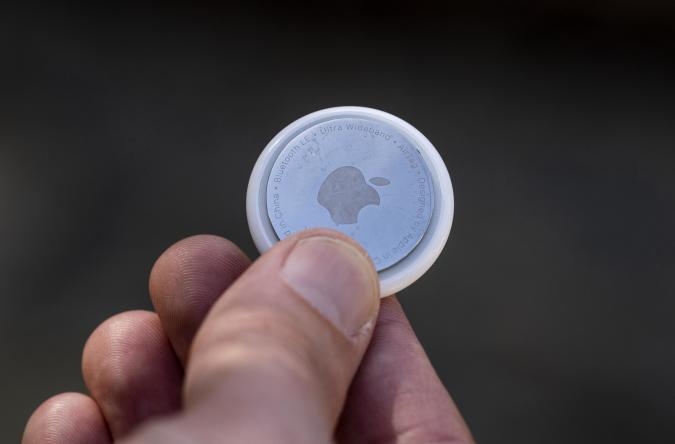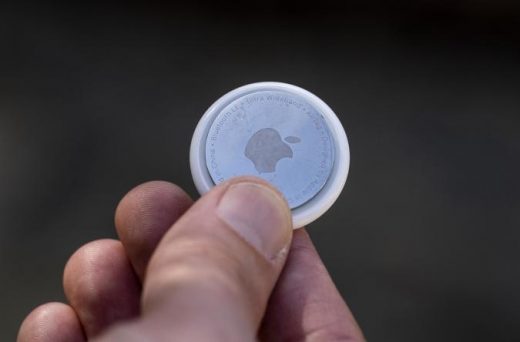Proposed Ohio legislation would criminalize AirTag stalking
Police reports suggest a larger pattern of AirTag stalking
Fifty women in eight jurisdictions called the cops after discovering an unwanted tracker.


It’s been clear for a while that bad actors are planting location trackers on other people without their knowledge to track their locations. Trackers have been used in car thefts as well. Now, Motherboard has obtained some police data that casts some light on extent of the issue.
The publication requested records mentioning Apple AirTags (which the company announced a year ago) from dozens of police departments from across the US. The requests covered an eight-month period.
Motherboard received 150 reports from eight police departments and found that, in 50 cases, women called the cops because they received notifications suggesting that someone was tracking them with an AirTag or they heard the device chiming. (An AirTag will chime after it has been separated from its owner for between eight and 24 hours.) Half of those women suspected the tags were planted in their car by a man they knew, such as a current or former romantic partner or their boss.
The vast majority of the reports were filed by women. There was just one case in which a man made a report after suspecting that an ex was using an AirTag (which costs just $29) to stalk him. Around half of the reports mentioned AirTags in the contexts of thefts or robberies.
Just one instance of AirTag-related stalking would be bad enough. Fifty reports in eight jurisdictions in eight months is a not insignificant number and there are likely other cases elsewhere that haven’t been disclosed.
When asked for comment, Apple directed Engadget to a statement it published in February, which details some more steps it will take to mitigate the issue.
“AirTag was designed to help people locate their personal belongings, not to track people or another person’s property, and we condemn in the strongest possible terms any malicious use of our products,” the post states. “Unwanted tracking has long been a societal problem, and we took this concern seriously in the design of AirTag. It’s why the Find My network is built with privacy in mind, uses end-to-end encryption, and why we innovated with the first-ever proactive system to alert you of unwanted tracking. We hope this starts an industry trend for others to also provide these sorts of proactive warnings in their products.”
Later this year, Apple will rollout an AirTag precision tracking feature for iPhone 11, 12 and 13 to help people more easily find unknown trackers. It will also inform iPhone users more clearly when someone may be using an AirTag to follow them.
Notably, iPhones running iOS 14.5 and above already automatically detect unwanted nearby AirTags. In December, Apple released an Android app to help people using phones powered by that OS to detect errant AirTags. Tile updated its Android and iOS apps with a similar feature. But those require users to both be aware of the threat posed by unwanted trackers and to scan for them manually. Last week, however, it emerged that Google is exploring OS-level tracker detection for Android, which could help keep people safe should it roll out the feature.
Update 4/8 5:00PM ET: Added Apple’s response.
(36)


